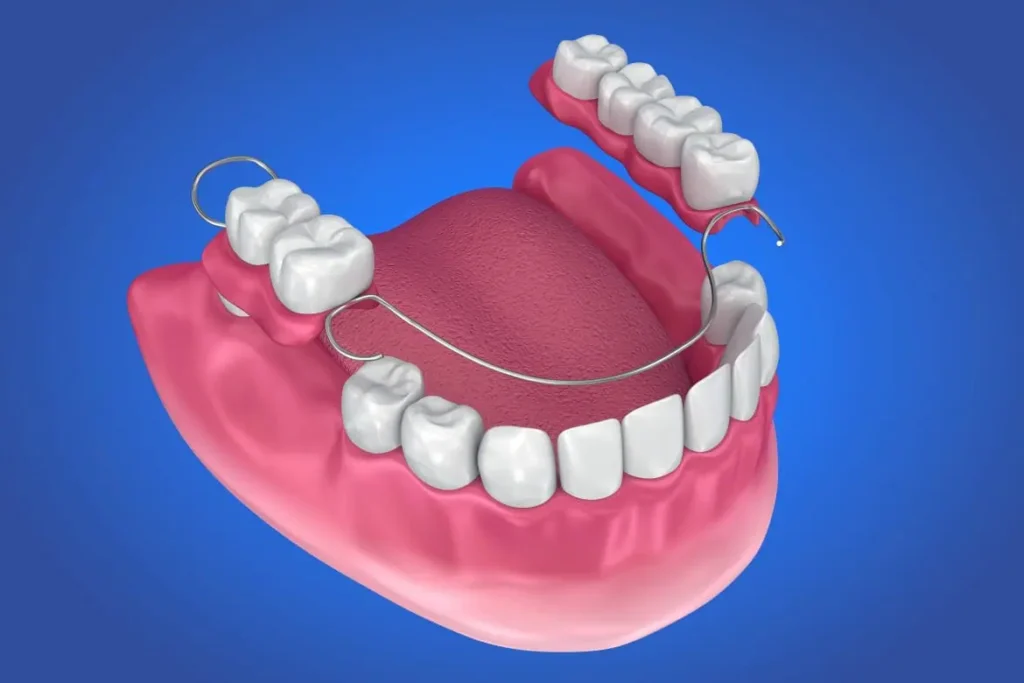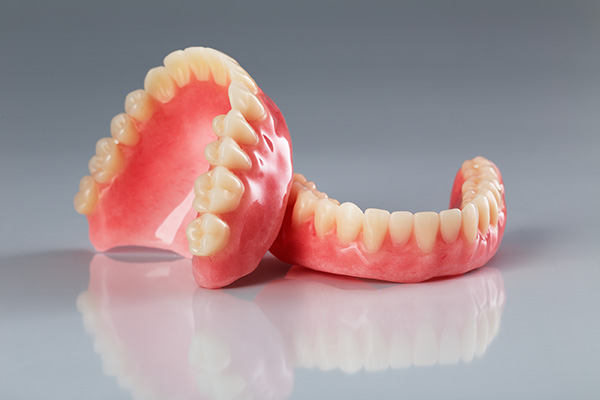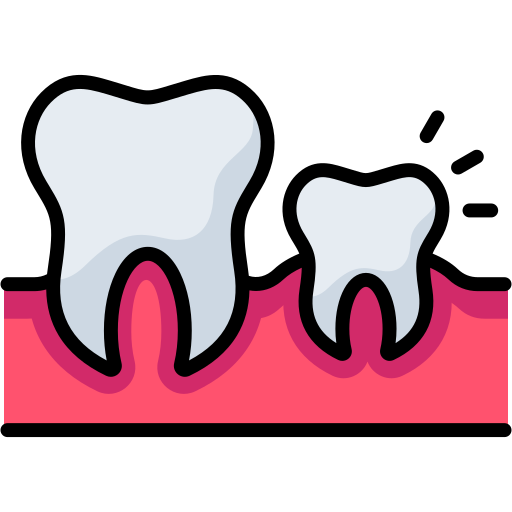Dentures Cost in Patel nagar, Delhi
What are Dentures?
Dentures are removable dental prosthetics designed to replace missing teeth and restore oral function. They are made from acrylic, metal, or flexible materials and help improve chewing, speech, and aesthetics for individuals with missing teeth.


Types of Dentures
1. Complete Dentures (Full Dentures)
- Replace all teeth in the upper or lower jaw.
- Made from acrylic or porcelain .
- Can be conventional (placed after gum healing) or immediate (placed immediately after tooth extraction).
2. Partial Dentures
- Used when some natural teeth remain.
- Typically consist of replacement teeth attached to a metal or acrylic base.
- Help prevent shifting of remaining teeth.
3. Implant-Supported Dentures
- Attached to dental implants for extra stability.
- More secure than traditional removable dentures.
- Improve chewing efficiency and comfort.
4. Flexible Dentures
- Made of soft, flexible resin instead of rigid acrylic.
- Lightweight, comfortable, and more aesthetic.
- Ideal for patients with gum sensitivity.
5. Snap-On Dentures
- A hybrid between dentures and implants.
- Attach to small implants in the jaw for added security.
Symptoms Indicating the Need for Dentures
If you experience any of the following, dentures may be the right solution for you:
✔️ Multiple missing teeth affecting chewing and speech.
✔️ Severe tooth decay or gum disease leading to tooth loss.
✔️ Difficulty chewing or biting food properly.
✔️ Sagging facial muscles due to missing teeth.
✔️ Chronic pain or discomfort from damaged teeth.
Procedure for Getting Dentures
1. Dental Consultation & Examination
- The dentist examines your oral health and takes X-rays.
- Impressions of your mouth are taken for a custom fit.
2. Tooth Extraction (if needed)
- If remaining teeth are damaged, they may need to be removed before denture placement.
3. Creating the Dentures
- A dental lab fabricates the dentures based on your jaw shape, bite, and gum structure .
4. Fitting & Adjustments
- Once ready, dentures are fitted in the mouth. - Adjustments are made to ensure a comfortable and secure fit .
5. Final Placement & Instructions
- After adjustments, dentures are placed permanently.
- The dentist provides care instructions for long-term use.
Precautions with Dentures: Do’s & Don’ts
Do’s
– Remove dentures at night to allow gums to rest.
– Clean dentures daily with a soft brush and denture cleanser .
– Store them in lukewarm water when not in use.
– Eat soft foods initially and chew evenly.
– Visit the dentist for regular check-ups & adjustments .
Don’ts
– Avoid using hot water , which can warp dentures.
– Don’t bite into hard or sticky foods that can damage them.
– Avoid using regular toothpaste , as it can scratch dentures.
– Don’t leave dentures dry , as this can make them brittle.
– Avoid self-adjusting ; always visit a dentist for modifications.
Post-Treatment Care for Dentures
– Keep dentures clean to prevent bacteria buildup and bad breath.
– Soak overnight in a denture cleaning solution.
– Practice good oral hygiene , even if you have no natural teeth.
– Avoid smoking & alcohol , as they can stain and weaken dentures.
– Get periodic adjustments to maintain a proper fit.

Cost of Dentures in Delhi
The cost of dentures varies based on the type, material, and clinic location.
Approximate Cost Range:
– Partial Dentures: 10,000 – 30,000
Prices may vary based on the clinic and materials used.
Why Choose Dr. Afreen at Mikael Dental?
✔️ Expert Diagnosis & Treatment for chronic mouth ulcers.
✔️ Advanced Laser Therapy for faster healing.
✔️ Holistic Approach – Identifying & treating root causes.
✔️ Affordable & patient-friendly care in Delhi.
✔️ Comfortable & modern clinic setup .
Book an appointment at Mikael Dental for the best mouth ulcer treatment in Delhi!
Frequently Asked Questions (FAQs)
With proper care, dentures can last 5-10 years before needing replacement or adjustment.
Initially, dentures may feel uncomfortable or cause minor soreness, but with time and adjustments, they become comfortable.
Yes! Start with soft foods and gradually reintroduce tougher foods. Avoid sticky or hard foods.
Yes, removing dentures at night allows gums to rest and prevents infections.
It’s not recommended, as it may cause gum irritation and bacterial buildup .
It may take a few weeks to adjust, but with practice, speech will return to normal.

